Once the printing press caught-on—and books became affordable for the middle class—there was a boom in mass publishing, bookbinding and book selling. One method of bookbinding was to print longs "strips" of paper (composed of numerous pages printed side-by-side on both sides) which would then be folded (accordion style) to form a "signature" or "gathering" (a single portion or segment of the larger book). Many signatures would be printed, folded and stitched-together to form the complete book. The last step was to "cut open" the pages which gave the book's edge a classic "deckled" texture.
On occasion, a reader might discover that a page had been missed by the cutter. In order to progress, the reader would have to cut-open the page herself—using a tool called a "page turner" (or "paper knife") like the one shown above. A page turner was generally broader and blunter than a "letter knife"—which was generally too sharp (and short) to make an accurate cut. The page turner allowed the reader to cut open the "page" and "turn" it.
In the Twentieth Century, demand for bookbinding increased alongside the growth of a populace who could now afford to buy books. New methods of bookbinding (some of which no longer required separate and distinct "signatures") made publishing faster and cheaper. Uncut pages became more and more rare, thus consigning page turners to a thing of the Victorian past.
The Victorian English brass page turner, shown above, is dressed in a hand-tooled botanical "Lotus" design. Though Western-made, the metalsmith gave it an Asian "Orientalist" aesthetic to satisfy the Nineteenth Century European fascination with all things Asian. Click on the photo above to learn more about it.
Though our Greenwich Village store is now permanently closed, LEO Design is still alive and well! Please visit our on-line store where we continue to sell Handsome Gifts (www.LEOdesignNYC.com).
We also can be found in Pittsburgh's historic "Strip District" at Mahla & Co. Antiques (www.mahlaantiques.com) or in Canonsburg, Pennsylvania at The Antique Center of Strabane (www.antiquecenterofstrabane.com).
Or call to arrange to visit our Pittsburgh showroom (by private appointment only). 917-446-4248


